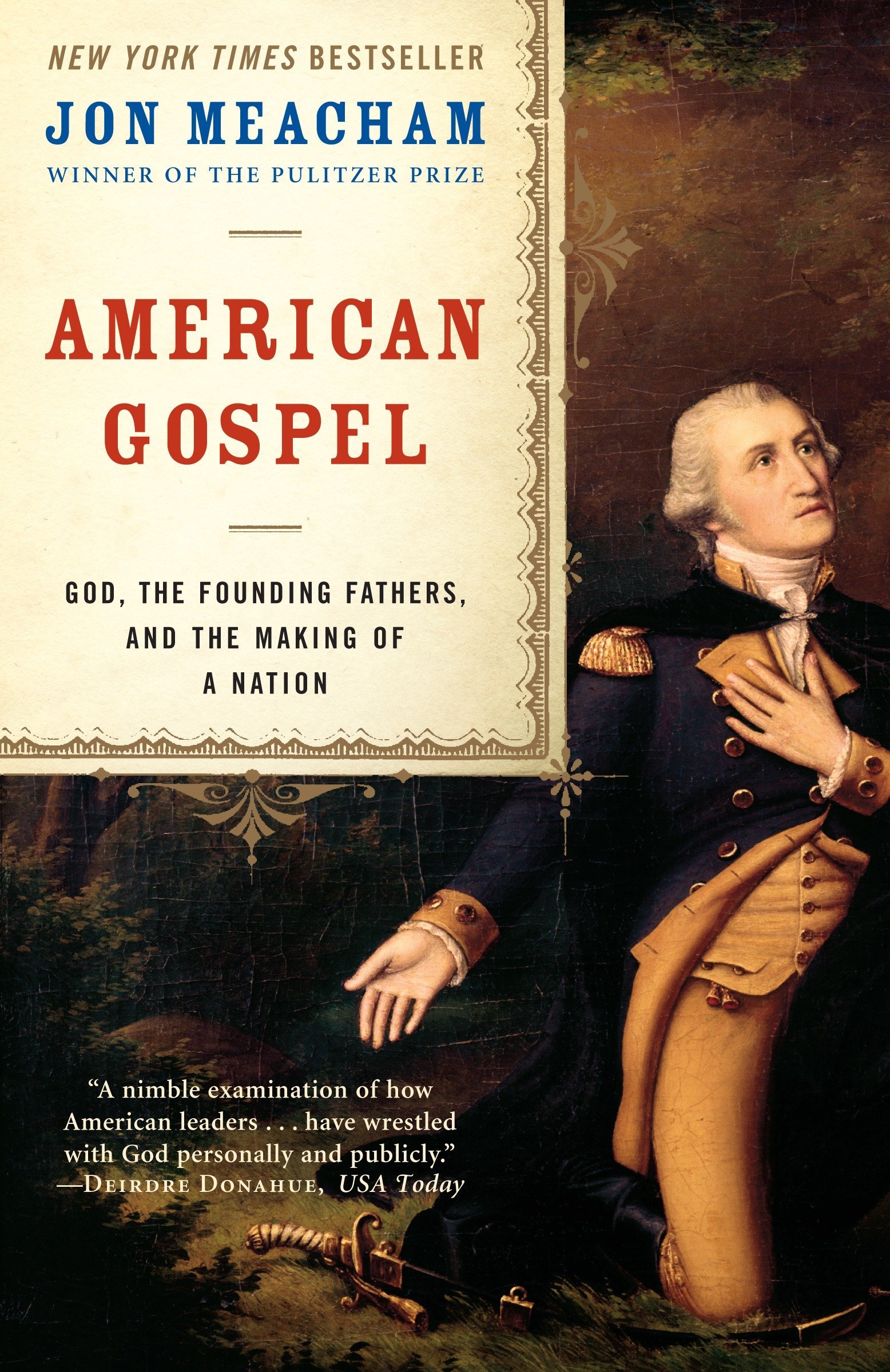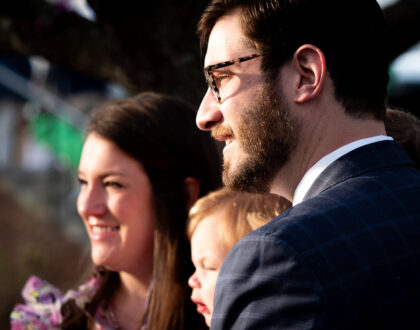The Current State of American Christianity

We all enjoyed a great celebration of Woodmont’s 80th anniversary this weekend. Thanks to all who made it happen.
In recent months, many articles have been published about the current state of Christianity and the church in America. We continue to hear about the rise of the “nones,” churches that closed or declined during the pandemic, battles over women pastors, the dangers of Christian nationalism, culture wars, and the exodus of millennials and Gen Z from the church. Most churches now stream services online, but is this the same thing as being present within a community?
In his book American Gospel, historian Jon Meacham writes: “The great good news about America is that religion shapes the life of the nation without strangling it. Belief in God is central to the country’s experience, yet for the broad center, faith is a matter of choice, not coercion, and the legacy of the Founding Fathers is that the sensible center holds.”
Does the sensible center still hold today? Frank Drowota, founding pastor of Woodmont Christian Church (est. 1943), said he dreamed of a church that would, “interpret truth in terms of the times, but challenge times in terms of the truth.” Yet for many Christians today, we find significant disagreement as to when we should “interpret” and when we should “challenge.” Many are now asking, “What is the church willing to stand for? Does it have the courage, conviction, and backbone to speak out to a constantly changing culture? What do we consider to be the essentials?”
The authority, interpretation, and context of scripture is hotly debated among scholars and ministers. Most divisions within Christianity point back to scripture and how it is interpreted. Swiss theologian Karl Barth, perhaps the greatest theologian of the twentieth century, became deeply concerned with the church’s apathy and collaboration with Hitler’s Nazi Germany, and for good reason. Both liberal and conservative scholars draw heavily on his Church Dogmatics. According to New Testament professor Richard Hays, “Barth’s prevailing concern was that if we conceive of ethics as the application of general principles to specific situations, we will, in the end, indulge our own wishes and whims, all the while claiming religious – or even biblical sanction. If so, we have poured the dictates and pronouncements of our own self-will into the empty container of a formal moral concept, thus giving them the aspect and dignity of an ethical claim (although, in fact, it is we ourselves who will them).”
When Jesus was asked which law is the greatest, he said: “Love the Lord your God with all your heart, soul, mind, and strength. And, love your neighbor as yourself.” Many Christians today act anything but loving and compassionate. No doubt, the American Church finds itself at a crossroads. Many now refer to our age as “post-Christian” or simply “secular,” but what exactly does that mean? Is our culture’s obvious decline in morality directly related to the waning influence of Christianity? It certainly feels that way.
French philosopher Alex de Tocqueville visited the U.S. back in the nineteenth century to find out what made America great. He was surprised and offered these powerful insights: “I sought for the greatness and genius of America in her commodious harbors and her ample rivers – and it was not there… in her fertile fields and boundless forests and it was not there… in her rich mines and her vast world commerce – and it was not there… in her democratic Congress and her matchless Constitution – and it was not there. Not until I went into the churches of America and heard her pulpits aflame with righteousness did I understand the secret of her genius and power. America is great because she is good, and if America ever ceases to be good, she will cease to be great.”
Recommended Posts

Life Moves Fast So Know What Matters!
May 01, 2024

Loving God, Loving Nashville
April 24, 2024

Authenticity in a Social Media World
April 16, 2024

